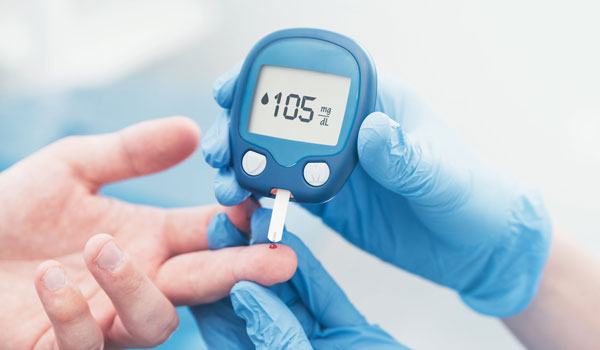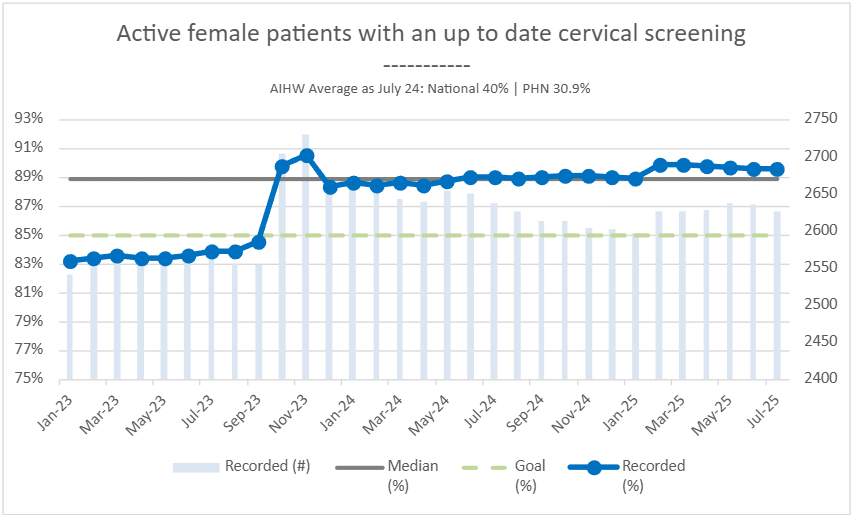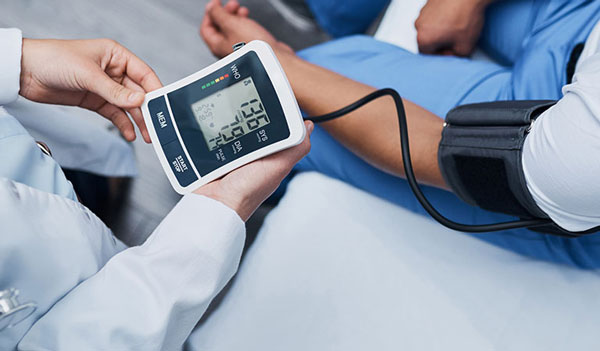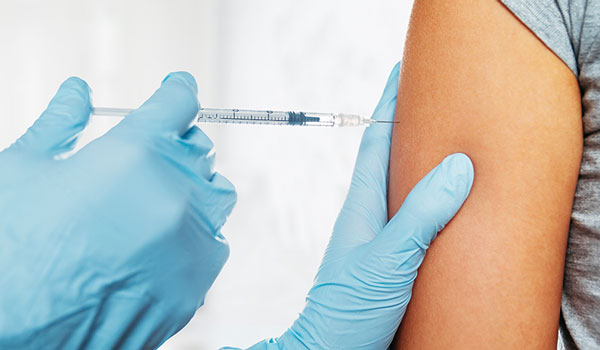Diabetes care is complex, and there are many things we can measure that help us determine effectiveness of care.

If you are living with diabetes, controlling your blood sugar is very important to prevent complications such as diabetic eye disease, diabetic kidney disease, and many more potential complications. One of the blood tests we often request is the HbA1c level. This test provides a guide to your “average” blood sugar levels over the previous three months, and is a measure of diabetes control.
Whilst the optimal level will vary and depend on each individual patient’s circumstances, we feel that a reasonable goal for us is to get as many patients as possible to below a level of “8”, and that we record HbA1c on as many patients as possible. Many individual patients will have targets lower than this, and it is important that you talk your GP and nurse about what level is right for you.
In addition to HbA1c, another important risk factor to control if you have diabetes is blood pressure. We know that patients who have diabetes and higher blood pressure multiply their risk of having heart attacks, eye disease and stroke. Controlling blood pressure is crucial – that is why we ask to check your blood pressure often and send you reminders to do so with your diabetes checks. If you are checking your blood pressure at home, which we encourage you to do, please let us know so that we can keep your records up to date.
We measure our progress over time with various measures that can be found on our data dashboard.
We know we can improve- that is why we often send you reminders and ask you to come in to have these blood tests. We also know that we can help you improve the control of your diabetes, and why we ask you to change your medications and diet. We are open to feedback from you and look for ways to help us help you.
Quality Improvement at HFGP
Our Quality Improvement Strategy
Our StrategyOne of the fundamentals of quality and safety in healthcare is to embed a strategy for continuous quality improvement and to never stop trying to become better. As part of our service, accountability and commitment to you, we believe that we should continuously look to improve and build on [...]
QI Dashboard
This page displays a summary of the measures in our quality improvement efforts. Please refer to the specific sections for more detail. We prefer to use “run charts” to display this information, as it is the best way to display change over time and to best identify efforts that [...]
Prevention
Preventive medicine is the practice of promoting preventive health care to improve patient well-being. The goal is to ultimately prevent disease, disability, and death. Cervical Screening Cervical screening (previously known as PAP smears) is one of the most important preventative health measures women can undertake. [...]
Coronary Heart Disease (CHD)
People with heart disease require extra care to prevent more cardiac events, illness and death. Heart disease, and specifically ischaemic (or coronary artery) disease, is an important and common cause of death and disability in Australia. If you are known to have CHD, it [...]
Vaccinations
Vaccines are as important to your overall health as diet and exercise. When you skip vaccines, you leave yourself vulnerable to illness. Childhood Vaccinations Childhood vaccinations are a crucial measure in preventing debilitating and potentially life-threatening infections. The Australian National Immunisation Schedule is the result [...]
Managing Diabetes at HFGP
Diabetes care is complex, and there are many things we can measure that help us determine effectiveness of care. If you are living with diabetes, controlling your blood sugar is very important to prevent complications such as diabetic eye disease, diabetic kidney disease, and [...]






